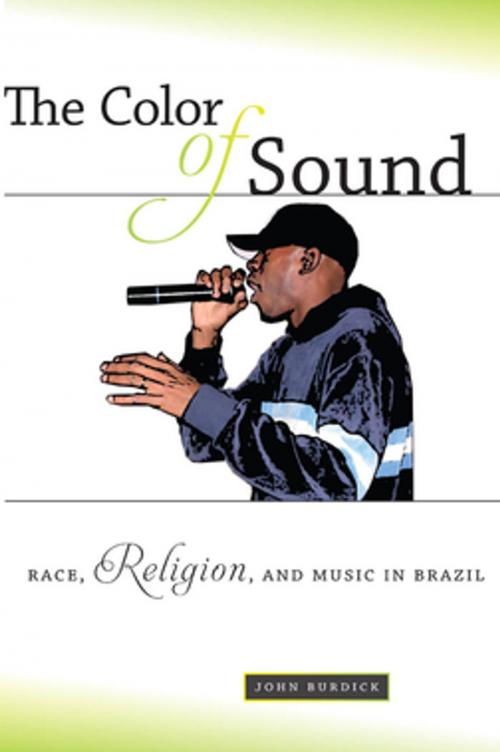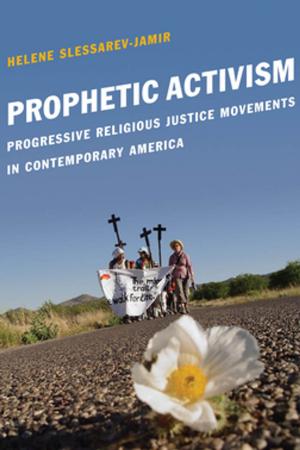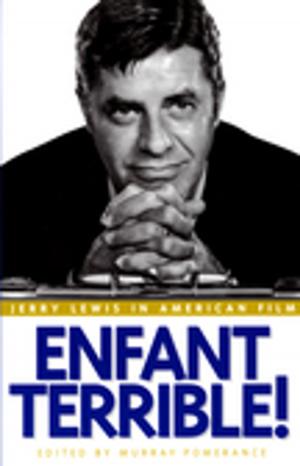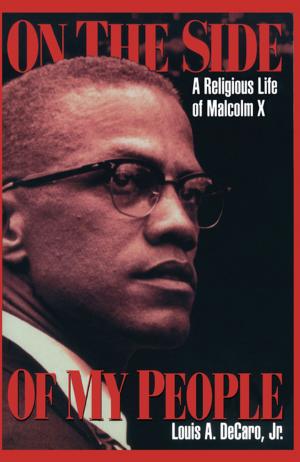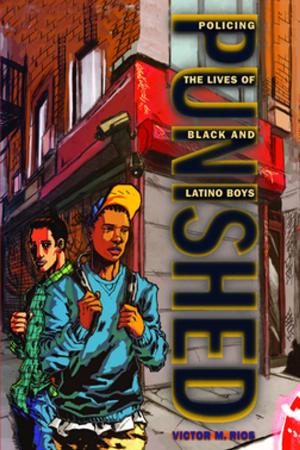The Color of Sound
Race, Religion, and Music in Brazil
Nonfiction, Social & Cultural Studies, Social Science, Discrimination & Race Relations, Anthropology| Author: | John Burdick | ISBN: | 9780814709245 |
| Publisher: | NYU Press | Publication: | January 7, 2013 |
| Imprint: | NYU Press | Language: | English |
| Author: | John Burdick |
| ISBN: | 9780814709245 |
| Publisher: | NYU Press |
| Publication: | January 7, 2013 |
| Imprint: | NYU Press |
| Language: | English |
Throughout Brazil, Afro-Brazilians face widespread racial prejudice. Many turn to religion, with Afro-Brazilians disproportionately represented among Protestants, the fastest-growing religious group in the country. Officially, Brazilian Protestants do not involve themselves in racial politics. Behind the scenes, however, the community is deeply involved in the formation of different kinds of blackness—and its engagement in racial politics is rooted in the major new cultural movement of black music.
In this highly original account, anthropologist John Burdick explores the complex ideas about race, racism, and racial identity that have grown up among Afro-Brazilians in the black music scene. By immersing himself for nearly a year in the vibrant worlds of black gospel, gospel rap, and gospel samba, Burdick pushes our understanding of racial identity and the social effects of music in new directions. Delving into the everyday music-making practices of these scenes, Burdick shows how the creative process itself shapes how Afro-Brazilian artists experience and understand their racial identities. This deeply detailed, engaging portrait challenges much of what we thought we knew about Brazil’s Protestants,provoking us to think in new ways about their role in their country’s struggle to combat racism.
Throughout Brazil, Afro-Brazilians face widespread racial prejudice. Many turn to religion, with Afro-Brazilians disproportionately represented among Protestants, the fastest-growing religious group in the country. Officially, Brazilian Protestants do not involve themselves in racial politics. Behind the scenes, however, the community is deeply involved in the formation of different kinds of blackness—and its engagement in racial politics is rooted in the major new cultural movement of black music.
In this highly original account, anthropologist John Burdick explores the complex ideas about race, racism, and racial identity that have grown up among Afro-Brazilians in the black music scene. By immersing himself for nearly a year in the vibrant worlds of black gospel, gospel rap, and gospel samba, Burdick pushes our understanding of racial identity and the social effects of music in new directions. Delving into the everyday music-making practices of these scenes, Burdick shows how the creative process itself shapes how Afro-Brazilian artists experience and understand their racial identities. This deeply detailed, engaging portrait challenges much of what we thought we knew about Brazil’s Protestants,provoking us to think in new ways about their role in their country’s struggle to combat racism.
